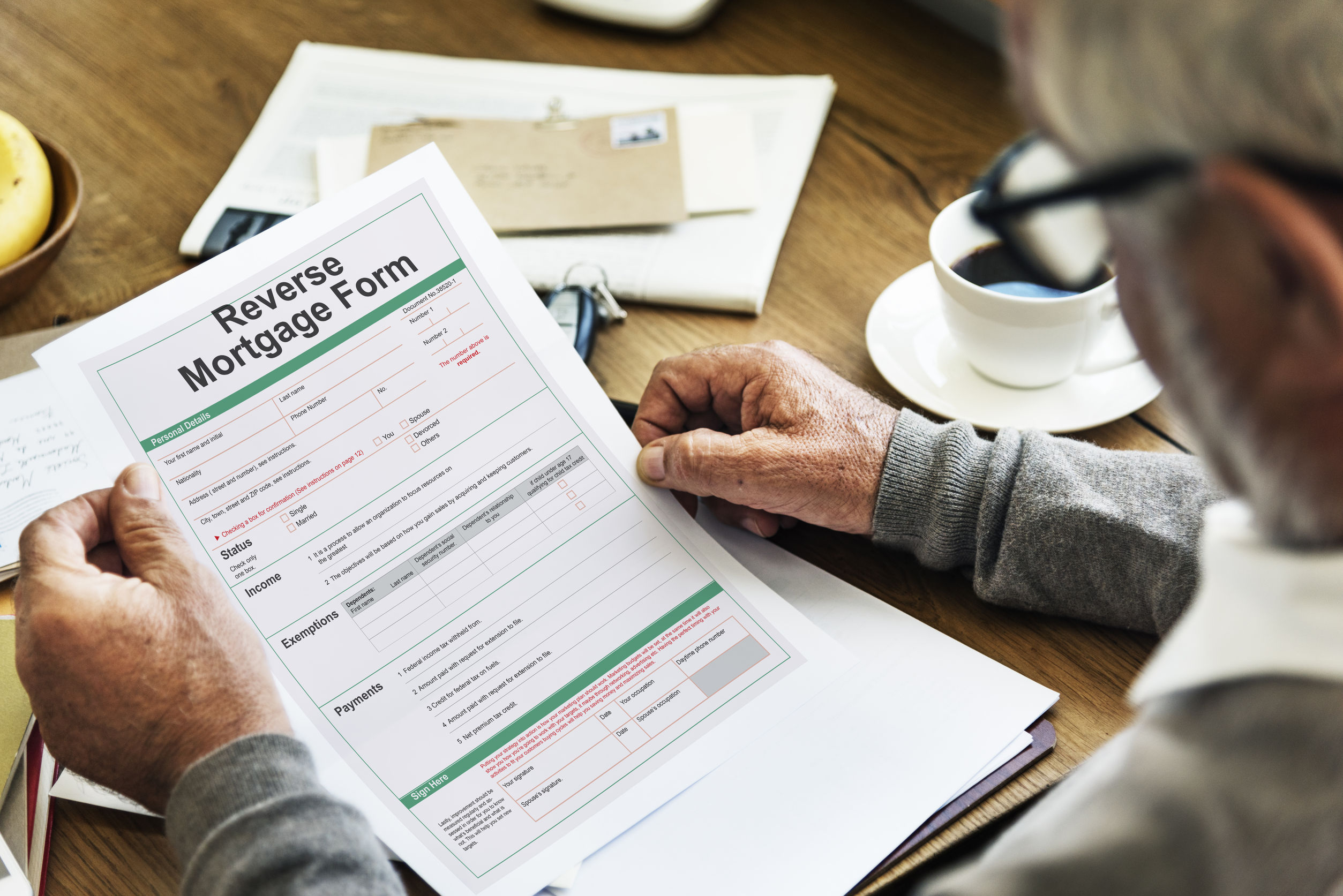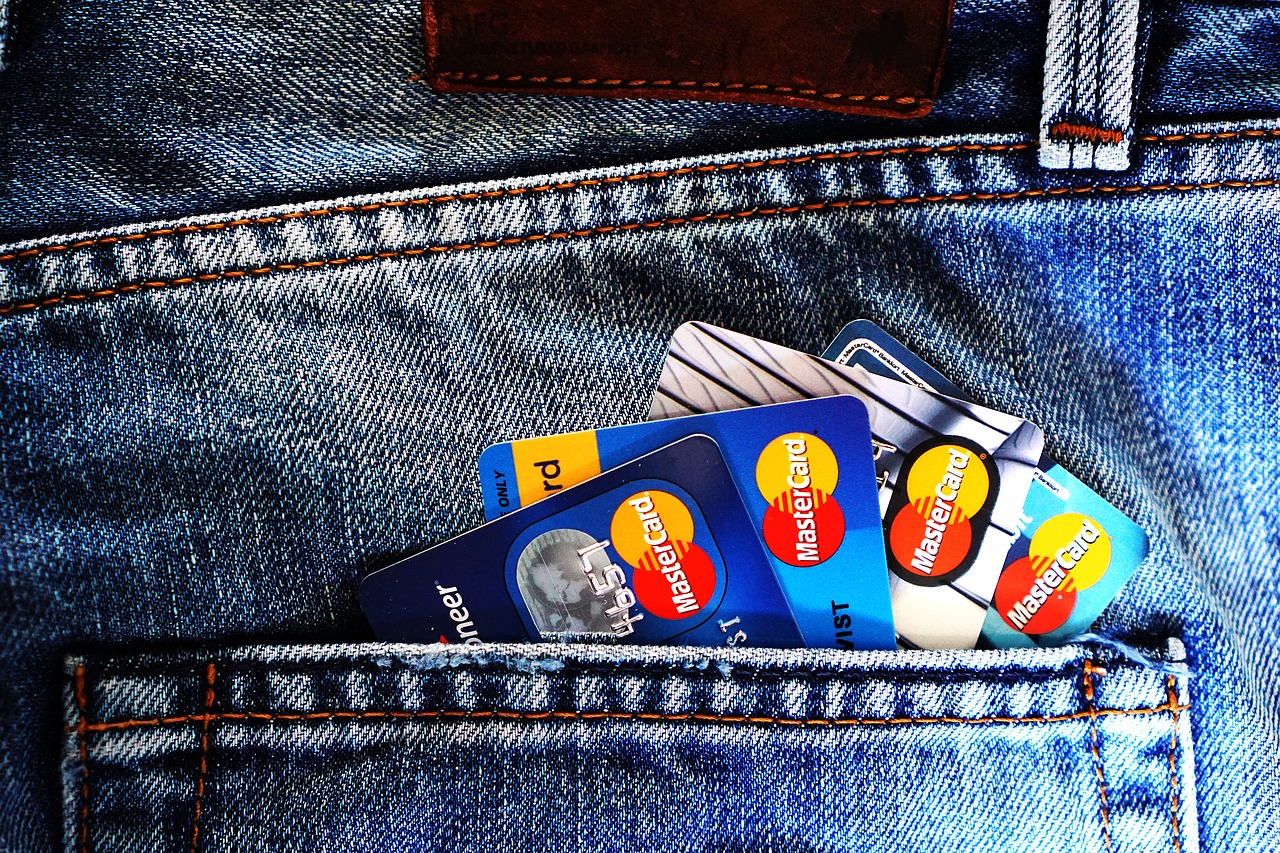Four Ways to Achieve Debt Relief

Americans today are more burdened by debt than ever before. Whether it’s due to high-interest credit cards, a mortgage, or student loan, Americans have reached hundreds of billions of dollars of debt in the past few years.
While the old adage “don’t spend above your means” is solid advice—it can be a struggle to follow. Life has a way of bullying into the middle of your plans and messing it up. Sometimes it’s the need for a new car after an accident. For the majority of Americans, however, general debt from mortgages and other sources has been a creeping problem.
This is why it’s so important to find a strategy that works for you to reduce or eliminate your debt. Read on for four different approaches you can try to relieve your debt.
Self-Payment Initiative
Debt can seem like a mammoth of an issue. For those with poor credit or mountains of debt, the stress of devising a means to live your life while paying your dues can be overwhelming. Fortunately, you alone can succeed at relieving your debt.
It comes down to disciplining yourself into properly managing your finances. Determine just how much debt you have and list your abilities to pay that debt off. This can be as simple as parceling a small amount from your paycheck and using that to make monthly payments. Use a spreadsheet to keep you organized, on track, and budgeted.
From there, contact creditors and inform them about your financial hardship. If you can convince them, you can then discuss the possible options that would permit you to meet your debt obligations. This includes having your interest rates reduced, a timeout period; convert your credit card debt into repayment programs, and debt settlement.
Consumer Credit Counseling
If you feel that you are not properly equipped to pay off your debts, you can pursue a consumer credit counseling agency. These agencies negotiate with the creditors on your behalf. If they succeed, you would no longer pay your creditors. Instead, you’d make one payment a month to the agency who will distribute the money to your creditors.
You can find one online or locally, and be sure to spend at least an hour with them discussing your finances.
Debt Settlement
Mentioned briefly above, debt settlement is a strategy where you hire a debt relief company to negotiate with creditors on your behalf. They negotiate to agree on a new settlement where you make lump sum payments at a much lower rate than your total balances. In return, the creditor agrees to forgive the rest of your debts.
The biggest con of debt settlement is that your credit score will be negatively affected.
Bankruptcy
If there is really no way you could realistically repay your creditors the final option is to file for bankruptcy. Depending on how you file, your assets may be liquidating to repay your creditors.
Unfortunately, this move will seriously damage your credit history for years to follow, and you may incur increased auto payments or problems regarding renting or buying a home or apartment. The bankruptcy will also reside in your file for years.





